An online retailer specializing in ancient Japanese armor, helmets, and horse harnesses has been getting a lot of clicks recently for their detailed, illustrated instructions about how to rapidly equip yourself (and your horse!) with armor in a pinch. Both novice and advanced warriors are sure to learn a thing or two from this handy step-by-step guide–take a look, and you’ll never be unprepared in the event of a stealthy ninja attack again!
history (Page 21)
Once upon a time, Tokyo was nowhere near the sprawling megalopolis that it is today. Long ago, it wasn’t a sure thing that the small fishing village known as Edo would someday become one of the most bustling cities in the world.
But let’s skip Tokyo’s early years and fast-forward to a slightly more recent age. Ever wondered what the city looked like half a century ago, before the towering skyscrapers and iconic neon lights? Today, we are proud to present a visual comparison of Tokyo, 50 years ago versus the modern day!
The surprise Japanese attack on Pearl Harbor on December 7, 1941 marked the day the United States entered World War II. Over three thousand Americans lost their lives in the attack and in 1962 the USS Arizona Memorial was constructed over the sunken battle ship USS Arizona to remember those who lost their lives that day.
But you already know that. This article will tell you some other things about Pearl Harbor that you may not know.
Join us after the jump as RocketNews24 visits Pearl Harbor and helps you bone up on your WWII trivia.
While visiting the city of Sapporo, our adventurous reporter Mr. Sato stumbled upon this bizarre looking complex called the Retro Space Saka Hall. The whole place looked incredibly sketchy, but that was right up his alley.
Little did he know, however, that this dingy-looking industrial complex nestled in snow would almost move him to tears.
Some people like to live a minimalist lifestyle – keeping the bare minimum of possessions and even living in tiny houses to help stave off clutter. But the vast majority of people who’ve lived a long, full life tend to have stores of secret treasures stacked up that can still be both fascinating and valuable today. When one Twitter user caught their grandma in the act of throwing away a box of old postcards and photos, they rugby tackled the old dear (erm, figuratively) to prevent her from trashing some priceless artefacts of the past. Join us after the jump for a good gander at granny’s box of memories!
Like clockwork, every winter I get a serious bout of home-sickness. It’s usually triggered by a call or email from someone back home telling me about taking a drive with the top down, watching football on ordinary broadcast TV, going out for some Vietnamese sandwiches, or one of the other things I miss about life in Los Angeles.
“But,” I remind myself, “Japan has lots of cool things too! Where else can you go to the museum and see massive collections of samurai armor, huh?”
Oh, right now you can do that at the Los Angeles County Museum of Art? Touché, L.A.
Keiunkan Inn in Hayakawa, Yamanashi Prefecture is famous for holding the Guinness World Record for being “The oldest hotel in the world”. Established in 705 A.D., it boasts such notable former guests as daimyo Takeda Shingen, shogun Tokugawa Ieyasu, and numerous emperors of Japan.
The inn itself is located in the southern alps of Yamanashi Prefecture, nestled in lush valleys in the very heart of nature. It’s the perfect location for escaping from the hustle and bustle of city life. What’s more, the inn is built upon prime hot springs ground, which means guests are able to enjoy numerous open-air and communal hot spring baths. Each room’s shower, bath and sink facilities are fed by pure hot spring water, which is neither treated nor heated by any artificial means. In fact, except for the toilets, the entire inn uses the hot springs water in its daily running, which makes it a very special and luxurious place to visit.
Our reporter, Yoshio, decided to book a stay in “the oldest hotel in the world” in order to share his experiences with the good readers of RocketNews24. Read on for many, many gorgeous photos of his trip!
These days, one of the quickest and most popular methods for stocking a video game with a cast of attractive anime-style characters is to pick a class of item and anthropomorphize the heck out of it. There’s currently no hotter mobile game than Kantai Collection, in which players command a fleet of pretty girls who’re all modeled after World War II-era Japanese warships. If naval history isn’t your thing, you can also find titles featuring comely cars and moe mushrooms.
There’s a new entry in the subgenre though, and judging from its all-pretty boy roster of characters, it’s been designed with female otaku gamers in mind. As such, it’s no surprise that the men of Touken Ranbu are all based on something long and hard…plus sharp, as they’re all anthropomorphized swords.
Recently a Japanese TV program highlighted an interesting bit of historical trivia: The most common type of revenge killing in the Edo period was between gay lovers. It’s a statistic that shocked many viewers in modern Japan, but there is ample evidence to support that a whole lot of gay sex was going on in the country from between 1400 and 1900.
It was at first a playful fancy of the ruling classes but then grew into a cold yet efficiently run military system of battlefield man-pleasuring. However, as we can see from the previously mentioned little factoid, once guys start letting emotions get involved, the whole thing starts to fall apart.
Last year, Nissin, makers of Cup Noodle instant ramen, created the awesome Samurai in Brazil ad, in which a soccer player clad in Japanese armor travelled to South America to show off his footwork to the locals. The company later caught up with the freestyle soccer expert in Europe with a sequel, Samurai in Manchester .
In its newest commercial, Nissin isn’t just switching venues, but sports, too, as Samurai in New York features one of the best tennis players in the world, who proves just how talented he is by leaving behind his racquet and delivering powerful forehands, backhands, and serves using a wooden sword.
If there’s one thing we know, it’s that you should always wash your hands after going to the bathroom. If there’re two things we know, though, the second is that you’ll never get anywhere in life being fixated on the past. So while 2014 was a pretty good year for us, we’re already looking to the year ahead, which is already promising seven cool happenings for Japan in 2015.
In the 22nd year of the Meiji era (aka 1889), the very first Japanese kyūshoku (school lunch) was served up at an elementary school in Tsuruoka City, Yamagata Prefecture. Although the first menu was very simply prepared, it provided the growing children with an important source of nourishment that not all of them could receive at home.
Fast-forward to 2015–Japanese schoolchildren (and their teachers!) continue to eat school lunches every day, as opposed to children in many other countries who bring their lunches from home. If you’re working in a Japanese school, you should already be familiar with the daily feeling of either excitement or disappointment when you see the lunch menu for the day. But just consider this–would you rather eat the types of lunches served today, or those that were served 100 years ago? Read on to learn about the evolution of Japanese school lunches and decide for yourself!
Last year, Tokyo’s Ueno Royal Museum held an exhibition of Japanese swords inspired by the mechanical and character designs of landmark anime Evangelion. As cool as some of the pieces looked, though, you won’t find any scenes in the giant robot franchise where someone actually fights using a katana.
On the other hand, right now the Osaka Museum of History is holding an event that goes even further in bridging the gap between fantasy and reality, by displaying recreations of amazing blades seen in anime, manga, and light novel illustrations.
In 1853, the rulers of Japan ended the country’s more than two centuries of isolation from the rest of the world. But while foreigners could now get into Japan for trade and commerce, it would take more than 10 years until Japanese citizens could leave the country, meaning that outside cultural influences were still slow to find their way into the half-opened nation.
As such, there’s a brief, time capsule-like period in which Japan’s culture was still almost entirely of indigenous origins, but foreign visitors had the technology to visually document it, as shown in these beautiful photographs of 19th century Japan.
They’re often overshadowed by the sakura, but Japan’s fall colors make the country a beautiful place to be at this time of year. Maples and gingkos even have a few advantages over cherry trees. They tend to hold their color a little longer, and the cooler weather is less conducive to large outdoor parties, meaning your appreciation of the beauty of nature is less likely to be disturbed by the carousing of drunks.
In contrast to Tokyo’s many cherry tree-lined parks and boulevards, though, getting a good view of crimson and yellow leaves often means having to head out of the city and up into the mountains. That’s not always the case, though. Historic Rikugien Garden has plenty of fall color, is located right in the middle of Tokyo, and right now is so beautiful it’s staying open after dark.
A little over a year ago, one of my good friends in Tokyo got a job teaching philosophy at a university in Kagoshima, the prefecture at the southernmost tip of the island of Kyushu. Being that he’s now a seven-hour series of train rides, or a two-and-a-half-hour flight, away, we don’t get together so often anymore, but on the plus side, now I have a reason to take a trip to Kagoshima.
Well, actually, I’ve got about a dozen reasons to take a trip there, if you add in all of the nature trails, hot springs, scenic coastline, and more shown in this video of some of Kagoshima’s most achingly beautiful travel destinations.
In listening to people talk about anime director Hayao Miyazaki, there’s a collection of words you’ll hear over and over. Genius. Visionary. Legend.
So it was a little surprising to hear the man behind one of Japan’s most popular films from the last year instead voice his suspicions that Miyazaki isn’t quite right in the head.
The major train stations in urban Japan almost seem like small cities, packed with restaurants, hotels, and shopping space. Things are usually pretty different out in the countryside, though, where many rail stops are little more than an awning with a short bench to sit on while you wait for the trains to roll in.
We say rural stations are “usually” simple, though, because in one town up north in Aomori Prefecture, you’ll find a station guarded by what looks like a massive alien.
Sometimes you just have to take a survey for the sake of taking a survey, no matter how seemingly random or inconsequential the contents of the survey may be.
For example, we now have the results of this survey, which we’re pretty sure no one asked for, that gauges which feudal warlord Japanese geeks would rather be working under. We presume this means in an office setting and not, like, on an old-timey Japanese Warring States-era battlefield.
While the average human has not yet come unstuck in time, it doesn’t mean we’re completely at a loss when it comes to time travel. Yes, we may only move in a singular direction, but at least have artifacts from the past to help us look back! Everything from old photos to old pottery help us dig through our murky cultural memory to see how things used to be.
And, thanks to Zenrin, a Japanese mapping company based in Oita Prefecture, now you can travel internationally with their collection of digital maps from the Edo and Meiji periods. Whether you think England is a conspiracy of cartographers or you know the name of every mapmaker since Babylonia, there’s something here for everyone!
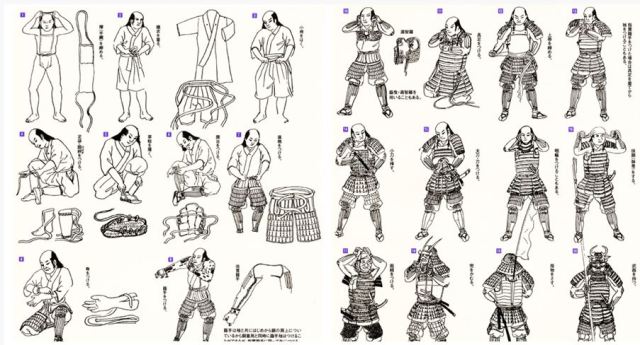


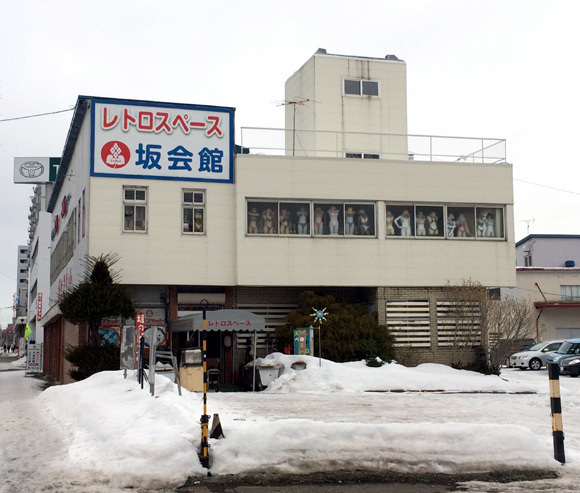
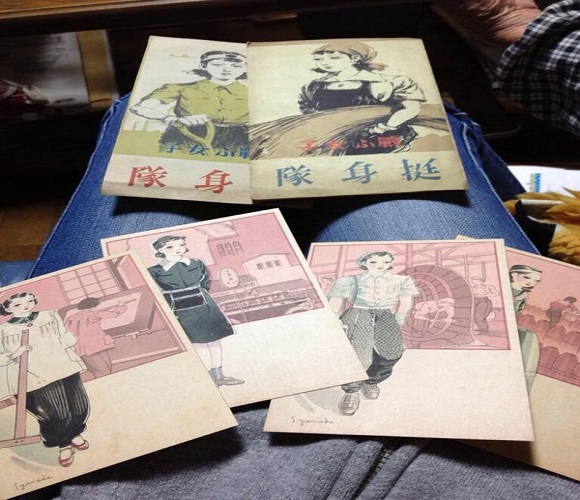
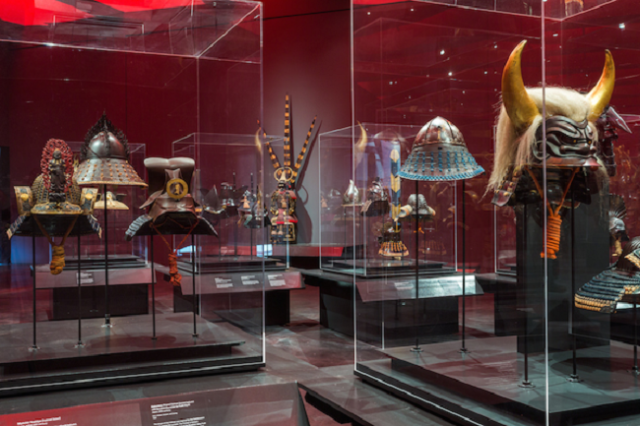
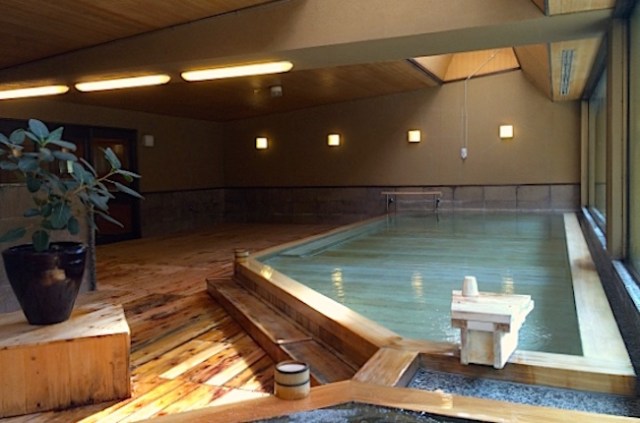

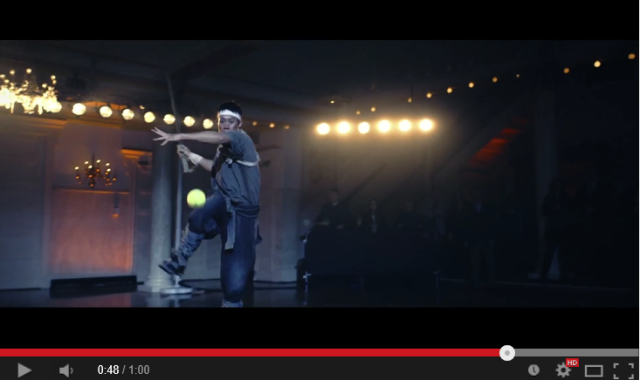
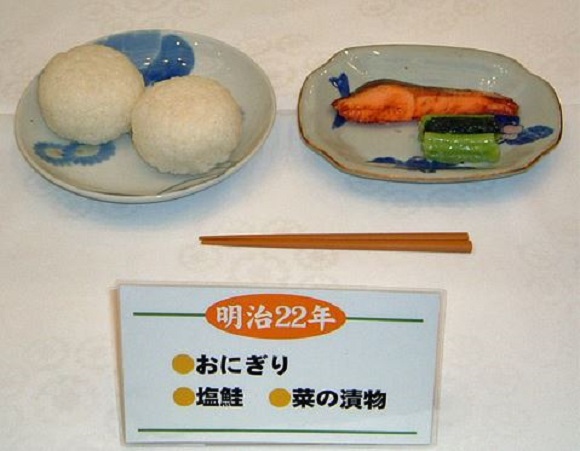
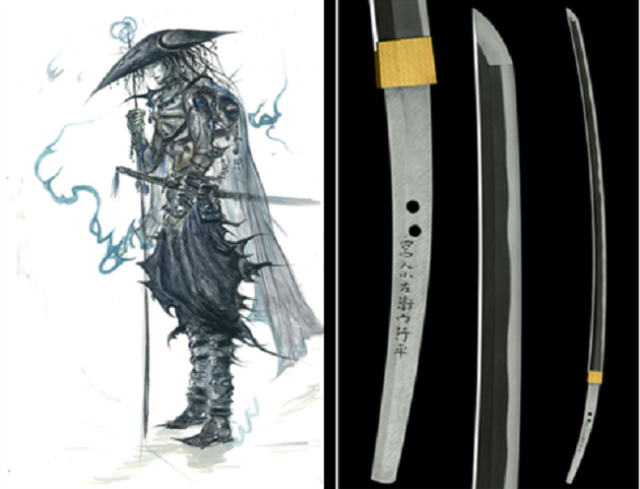
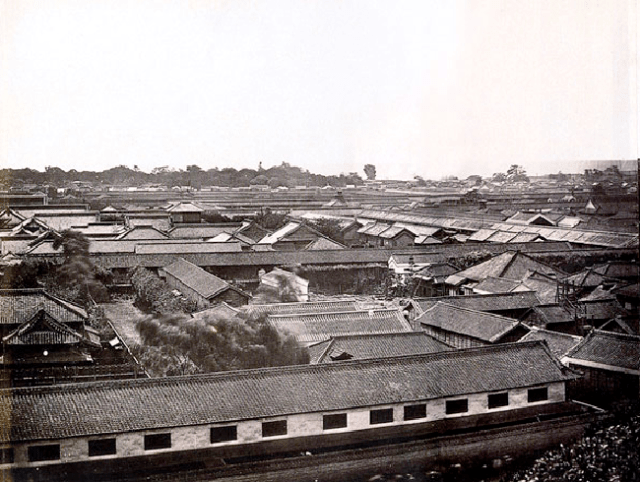
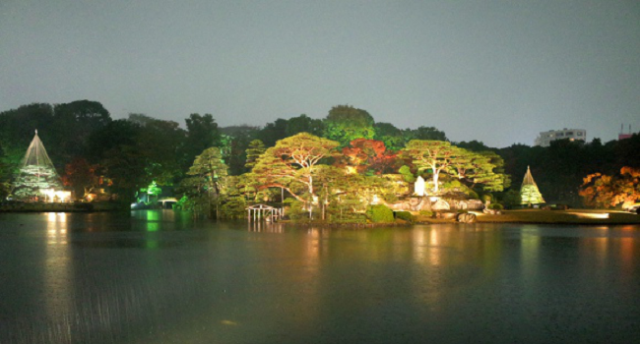
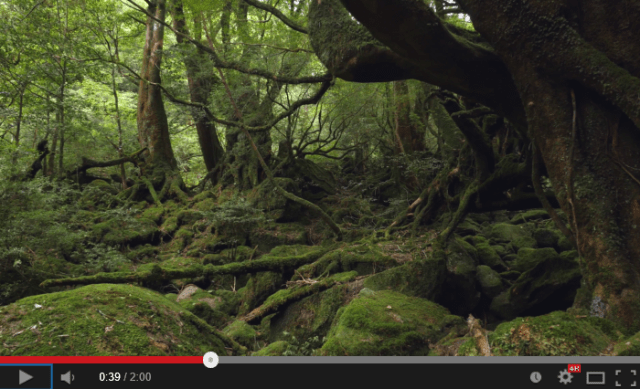
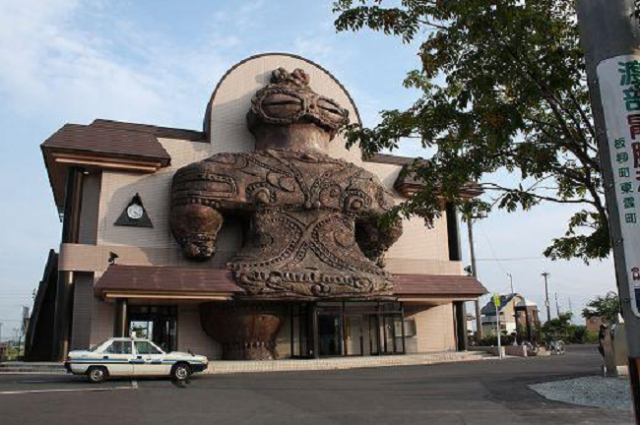
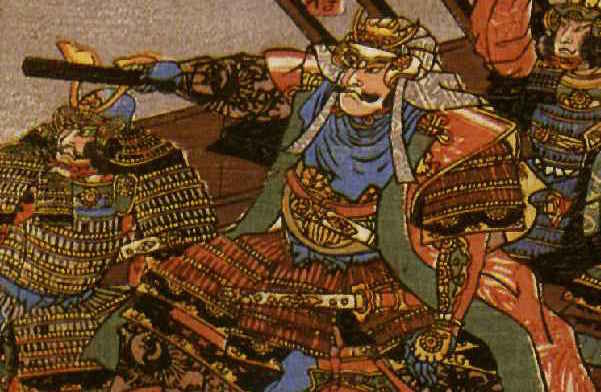
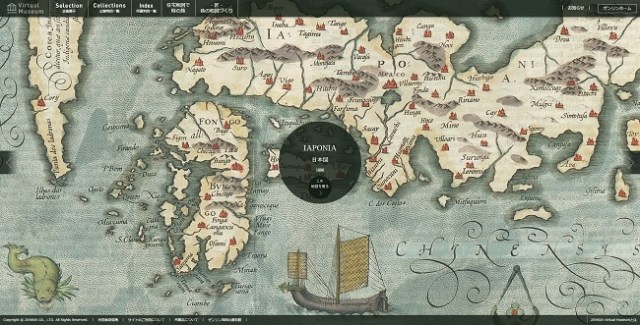
 Take a trip to Japan’s Dododo Land, the most irritating place on Earth
Take a trip to Japan’s Dododo Land, the most irritating place on Earth Starbucks Japan releases new sakura goods and drinkware for cherry blossom season 2026
Starbucks Japan releases new sakura goods and drinkware for cherry blossom season 2026 Can you eat lunch in Tokyo for less than 500 yen?
Can you eat lunch in Tokyo for less than 500 yen? Super-salty pizza sends six kids to the hospital in Japan, linguistics blamed
Super-salty pizza sends six kids to the hospital in Japan, linguistics blamed Starbucks Japan unveils new sakura Frappuccino for cherry blossom season 2026
Starbucks Japan unveils new sakura Frappuccino for cherry blossom season 2026 Foreigners accounting for over 80 percent of off-course skiers needing rescue in Japan’s Hokkaido
Foreigners accounting for over 80 percent of off-course skiers needing rescue in Japan’s Hokkaido Asakusa’s Yoi no Yoi bar crawl is one of Tokyo’s best local nights out
Asakusa’s Yoi no Yoi bar crawl is one of Tokyo’s best local nights out Real-world Nausicaa Ghibli anime glider completes its final flight in Japan【Video】
Real-world Nausicaa Ghibli anime glider completes its final flight in Japan【Video】 Adult entertainment guidance center in Tokyo also serves up great curry【Taste test】
Adult entertainment guidance center in Tokyo also serves up great curry【Taste test】 Japan has omurice chocolate, and the weirdest thing isn’t how it tastes
Japan has omurice chocolate, and the weirdest thing isn’t how it tastes Japan’s newest Shinkansen has no seats…or passengers [Video]
Japan’s newest Shinkansen has no seats…or passengers [Video] Is China’s don’t-go-to-Japan warning affecting the lines at a popular Tokyo gyukatsu restaurant?
Is China’s don’t-go-to-Japan warning affecting the lines at a popular Tokyo gyukatsu restaurant? Three beautiful places to see Japan’s plum blossoms after starting your day in downtown Tokyo
Three beautiful places to see Japan’s plum blossoms after starting your day in downtown Tokyo Downloads of 39-year-old Guns N’ Roses song increase 12,166 percent thanks to Gundam
Downloads of 39-year-old Guns N’ Roses song increase 12,166 percent thanks to Gundam A look back on 40 years of Japanese schools banning stuff
A look back on 40 years of Japanese schools banning stuff New Family Mart cinema opens inside Japanese airport
New Family Mart cinema opens inside Japanese airport Man arrested in Japan after leaving car in coin parking lot for six years, racking up three-million-yen bill
Man arrested in Japan after leaving car in coin parking lot for six years, racking up three-million-yen bill Huge Evangelion Unit-01 head appearing in lights in Japan to celebrate anime’s 30th anniversary
Huge Evangelion Unit-01 head appearing in lights in Japan to celebrate anime’s 30th anniversary Starbucks Japan releases new drinkware and goods for Valentine’s Day
Starbucks Japan releases new drinkware and goods for Valentine’s Day Japan releases first official sakura cherry blossom forecast for 2026
Japan releases first official sakura cherry blossom forecast for 2026 Archfiend Hello Kitty appears as Sanrio launches new team-up with Yu-Gi-Oh【Pics】
Archfiend Hello Kitty appears as Sanrio launches new team-up with Yu-Gi-Oh【Pics】 China’s don’t-go-to-Japan warning looks to be affecting tourist crowds on Miyajima
China’s don’t-go-to-Japan warning looks to be affecting tourist crowds on Miyajima Studio Ghibli releases new “komorebi” plush toys from Princess Mononoke and Spirited Away
Studio Ghibli releases new “komorebi” plush toys from Princess Mononoke and Spirited Away Yokai are descending upon Tokyo this spring in the latest immersive art experience
Yokai are descending upon Tokyo this spring in the latest immersive art experience Japan’s Naruto theme park now offering real-world version of Minato’s kunai ninja weapon
Japan’s Naruto theme park now offering real-world version of Minato’s kunai ninja weapon Survey asks foreign tourists what bothered them in Japan, more than half gave same answer
Survey asks foreign tourists what bothered them in Japan, more than half gave same answer Japan’s human washing machines will go on sale to general public, demos to be held in Tokyo
Japan’s human washing machines will go on sale to general public, demos to be held in Tokyo We deeply regret going into this tunnel on our walk in the mountains of Japan
We deeply regret going into this tunnel on our walk in the mountains of Japan Studio Ghibli releases Kodama forest spirits from Princess Mononoke to light up your home
Studio Ghibli releases Kodama forest spirits from Princess Mononoke to light up your home Major Japanese hotel chain says reservations via overseas booking sites may not be valid
Major Japanese hotel chain says reservations via overseas booking sites may not be valid Put sesame oil in your coffee? Japanese maker says it’s the best way to start your day【Taste test】
Put sesame oil in your coffee? Japanese maker says it’s the best way to start your day【Taste test】 No more using real katana for tourism activities, Japan’s National Police Agency says
No more using real katana for tourism activities, Japan’s National Police Agency says Starbucks Japan reveals new sakura drinkware collection, inspired by evening cherry blossoms
Starbucks Japan reveals new sakura drinkware collection, inspired by evening cherry blossoms Foreigners accounting for over 80 percent of off-course skiers needing rescue in Japan’s Hokkaido
Foreigners accounting for over 80 percent of off-course skiers needing rescue in Japan’s Hokkaido Asakusa’s Yoi no Yoi bar crawl is one of Tokyo’s best local nights out
Asakusa’s Yoi no Yoi bar crawl is one of Tokyo’s best local nights out Real-world Nausicaa Ghibli anime glider completes its final flight in Japan【Video】
Real-world Nausicaa Ghibli anime glider completes its final flight in Japan【Video】 Adult entertainment guidance center in Tokyo also serves up great curry【Taste test】
Adult entertainment guidance center in Tokyo also serves up great curry【Taste test】 Japan has omurice chocolate, and the weirdest thing isn’t how it tastes
Japan has omurice chocolate, and the weirdest thing isn’t how it tastes Beautiful Starbucks in Kyoto blends into its traditional landscape in more ways than one
Beautiful Starbucks in Kyoto blends into its traditional landscape in more ways than one World’s first moaning hiragana character either a stroke of genius or just plain weird【Video】
World’s first moaning hiragana character either a stroke of genius or just plain weird【Video】 5 amazing health and beauty benefits of eating wasabi
5 amazing health and beauty benefits of eating wasabi Hello Kitty Shinkansen Cafe: A delicious stop on the most kawaii bullet train in Japan
Hello Kitty Shinkansen Cafe: A delicious stop on the most kawaii bullet train in Japan Is the all-you-can-eat KFC buffet in Tokyo really as good as they say it is?
Is the all-you-can-eat KFC buffet in Tokyo really as good as they say it is? Japanese women sound off on their minimum height requirements for a husband【Survey】
Japanese women sound off on their minimum height requirements for a husband【Survey】 Starbucks Japan reveals new sakura drinkware collection, inspired by evening cherry blossoms
Starbucks Japan reveals new sakura drinkware collection, inspired by evening cherry blossoms